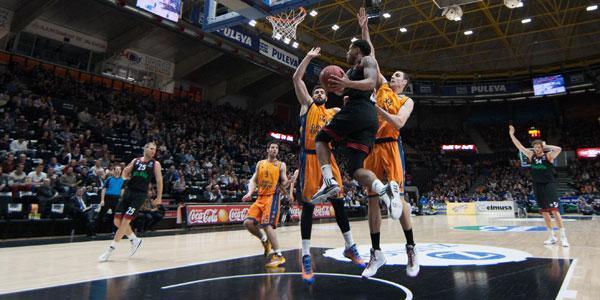
How to Close Out Games and Maintain Leads
Are you confident in your ability to close out games? Or do you become fearful and play sloppily when you have a lead?
Whether your sport is hockey, soccer, football, or gymnastics, you must have an aggressive mindset to close out a good competition.
Many athletes become nervous and fearful they will suffer a meltdown despite having a big lead. The fears of losing and embarrassment are overwhelming for some athletes.
Let’s look at a few examples…
A tennis player is up by three games in the final set. She has been aggressive the first two sets, hitting a good number of aces. With a big lead in the last set, she served cautiously, fearful of double faulting.
Her soft serves allowed her opponent to return powerful shots down the line for winners. She ended up allowing her opponent to catch up and take the lead.
A hockey team with a two-goal lead with five minutes left in the game. Instead of playing aggressively and closing out the game, the team played defensively.
The defensive style and a few sloppy passes caused the team to give up two easy goals and tie at the end of regulation. Sloppy play is the result of cautious play. When you play not to lose, you make uncharacteristic mistakes and allow your opponents back into the game.
Professional sports are no different.
When a team takes its foot off the gas, they allow the other team back in the game.
The Philadelphia Sixers played a game against the Houston Rockets taking a 96-79 lead into the fourth quarter. Little by little, the Sixers allowed the Rockets to close the gap and the Sixers squeaked by with only a 5-point victory.
Sixers center Joel Embiid commented on the team’s sloppy play heading down the stretch.
EMBIID: “[The Rockets] started making some shots. We had a couple of turnovers, especially me. We had a stretch where at least six possessions in a row we lost possession and they came back down on the other end and started making shots. We have to learn to close games when needed. We relaxed. There’s a lot to learn, but we got the win.”
3 Keys to Closing Out the Competition:
1. Knowing the difference between aggressive and risky. When you have the lead, play to stretch your lead not protect it. You still should play aggressively, without taking excessive risks that could lead to sloppy play.
2. Focusing on your game. You may be tempted to focus on your opponent making a comeback. Stay focused on your plan and your strategy to finish strong.
3. Paying attention to the process and not the score. When you focus on the score, you are focused on the potential outcome of the game. You play not to lose instead of focusing on the opportunities to maintain or extend the lead.
How to Finish Strong:
Practice closing out games. Create mental scenarios in practice where you have a lead heading down the stretch.
For example, if you are a tennis player, create a mental scenario of being up three sets late in a match. Though you see your opponent making a push to climb back in the match, stay focused on each point.
Keep your “pedal to the medal.” Challenge yourself to get another goal in hockey, have a strong last rotation in gymnastics, or continue to shoot when you are open in basketball.
Related Articles on Mental Edge:
- Tom Brady and Mental Toughness
- Your Mental Game and Performance Slumps
- Tarik Skubal Demonstrates Confidence-Building
The Confident Athlete: A 14-Day Plan for Ultimate Self-Confidence

“The Confident Athlete” is a ground-breaking system to teach you how to think like a champion and have ultimate self-confidence every time you step on the playing field, court, track, or course.
“The Confident Athlete” consists of 2 audio CD’s (or digital download) that include 14 days of confidence fueling exercises and a simple to follow workbook that guides you through the 14 days, helps you apply the strategies, and customizes the exercises to your personal needs.
Below, you can order the digital download version or have the program shipped to you.
